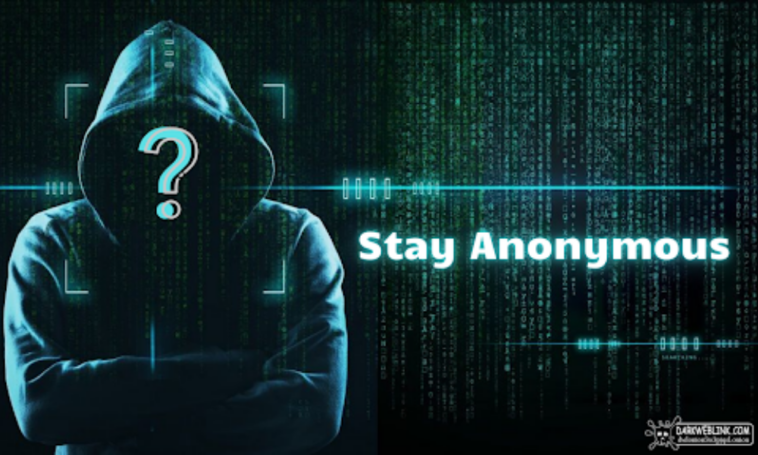Privacy is freedom, but in a world dominated by the internet, is there a foolproof way to maintain your anonymity? This article will tell you how you can stay anonymous online.
Even though the internet was initially created and thought of as the place that guarantees anonymity for free speech, years after it has spread its massive web all around us, privacy is hardly a given. Today, almost 69% of data breaches are done through the internet and are related to identity theft.
Tips and Tricks to Stay Anonymous Online
All the sites that we visit, the accounts we make on social media, everything that we post online, the things we watch online, the places we visit, the transactions we make, and even the number of steps that we take, all data is being stored and collected by companies for their profit.
With all that going on, it can be hard to stay completely anonymous in today’s world but there are some steps to maintain your privacy on the web.
1. Set Your Browser’s Privacy Settings
Your browser stores a lot of the information about your activities on the internet. The sites you visit, the services you use, and the passwords to each of your accounts. When you visit an unencrypted website, the risk of exposure is doubled. An unencrypted website is one that does not contain HTTPS in its URL.
Some websites also monitor the traffic on their webpages but the alarming part is, they can monitor a lot more than just the visitors. Your IP address, browser, and your screen resolution can all be viewed by such companies.
To ensure anonymity while browsing, you must first reduce the information you provide to your web browser. There are a few steps you can take to do that:
- Browse in incognito mode to hide the sites you visit.
- Empty your browser’s cookies after a few days. This will clear your cache memory and help reduce the digital footprint you leave behind.
- In your browser’s settings menu, turn off the automatic password storage.

2. Try to Use an Anonymous Browser
Using private search engines like DuckDuckGo or Ghostery etc. allows users to get the same search results without the risk of keeping tracks. Even Firefox has taken amazing steps to ensure user privacy and automatically block trackers. The services might not be as efficient as Google on such browsers, but the results are pretty much the same with an added privacy.
3. Get a Reliable VPN
Almost everything that you do online can be traced to one set of numbers and that is your IP address. In order to browse anonymously online, you must first hide your IP address. Virtual Private Networks or VPNs mask your IP address and provide anonymity regarding your location by assigning another IP address to your computer.
VPNs are a go-to when trying to browse the web privately. There are many VPNs available online and are easily purchasable but you must conduct thorough research on the type of VPN you want to invest in.
4. Keep Your Email Private
Your email address is the home of your online presence. It can be used to create all your accounts and almost every website that requires registration can be accessed easily through it.
However, some fraudulent companies and people use this tiny bit of information to hack into your system using spam. If you register on a site using your email address and the site turns out to be insecure, your user credentials can easily be hacked through the website’s database.
To maintain privacy online, you can use a throwaway account and use it for a short period of time. If you need to register on a website, you can use these kinds of email accounts to complete the whole process after which it will be dissolved on its own. To get a throwaway email account, go to GuerrilaMail.
5. Steer Clear of Spam
Receiving spam emails on your email address that corrupts the whole system is fairly common these days. You go to a website; you provide your email ID and wham!
The next day you start revving floods and floods of irrelevant ads and spam emails that annoy you to your core. To avoid a situation like this, you can use an anonymous email service like ProtonMail which is free to use and user-friendly.
6. Go Dark
Some people think of the dark web as somewhat taboo and an underside of the internet. However, with time, it has proved its usefulness and for one good reason: online anonymity.
Tor, also known as the ‘onion router’ is a network of computers that are spread across the globe. It allows you to surf the internet by redirecting your outgoing traffic through the mesh of computers. Your connection takes a random path and comes out at another random destination, and therefore is untraceable.
Even though these are some steps you can take to play safe on the web, however, complete anonymity online can only be ensured if you do not have a presence online. One way or the other, you are providing some relevant piece of information about yourself on the web, no matter how hard you avoid it.







